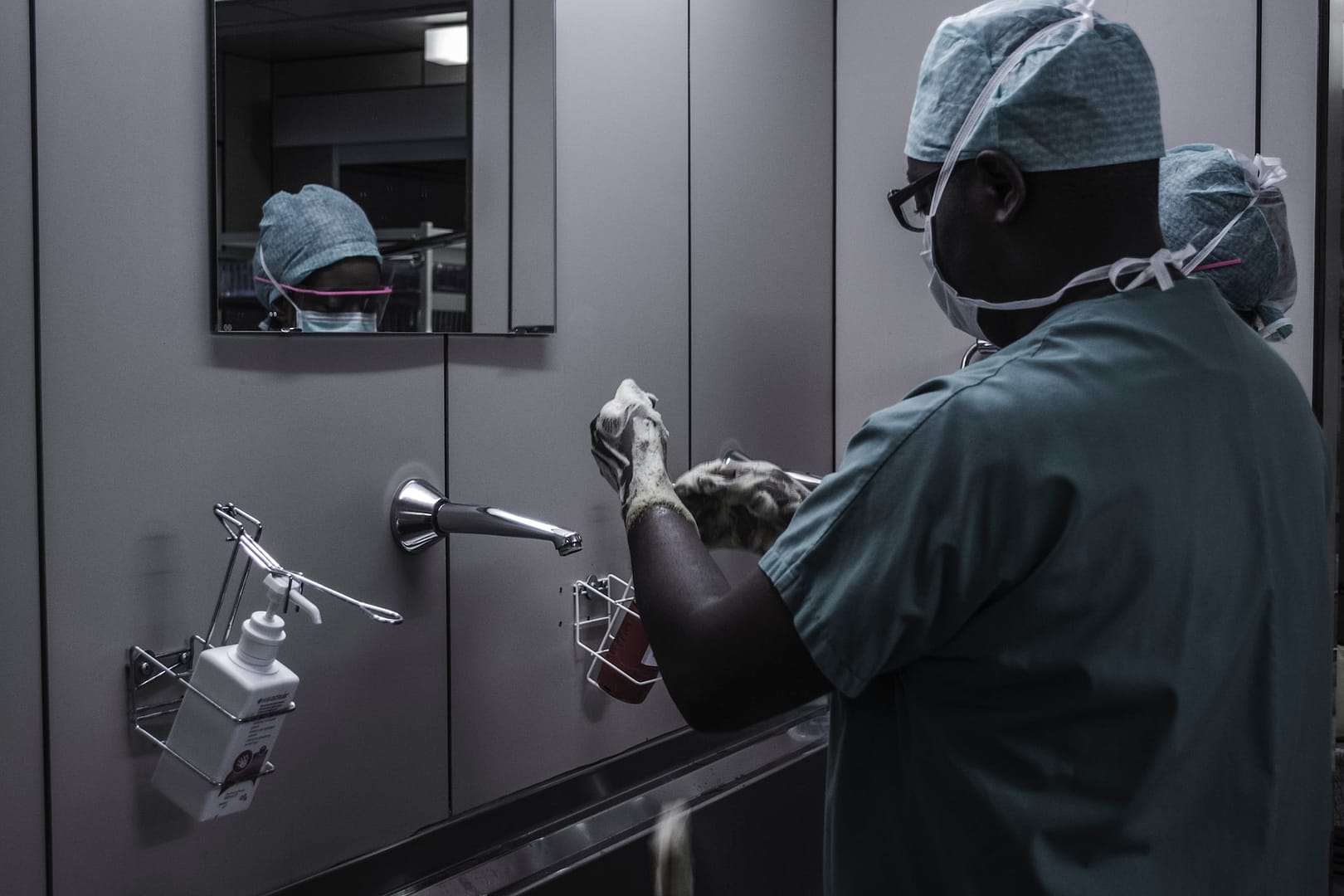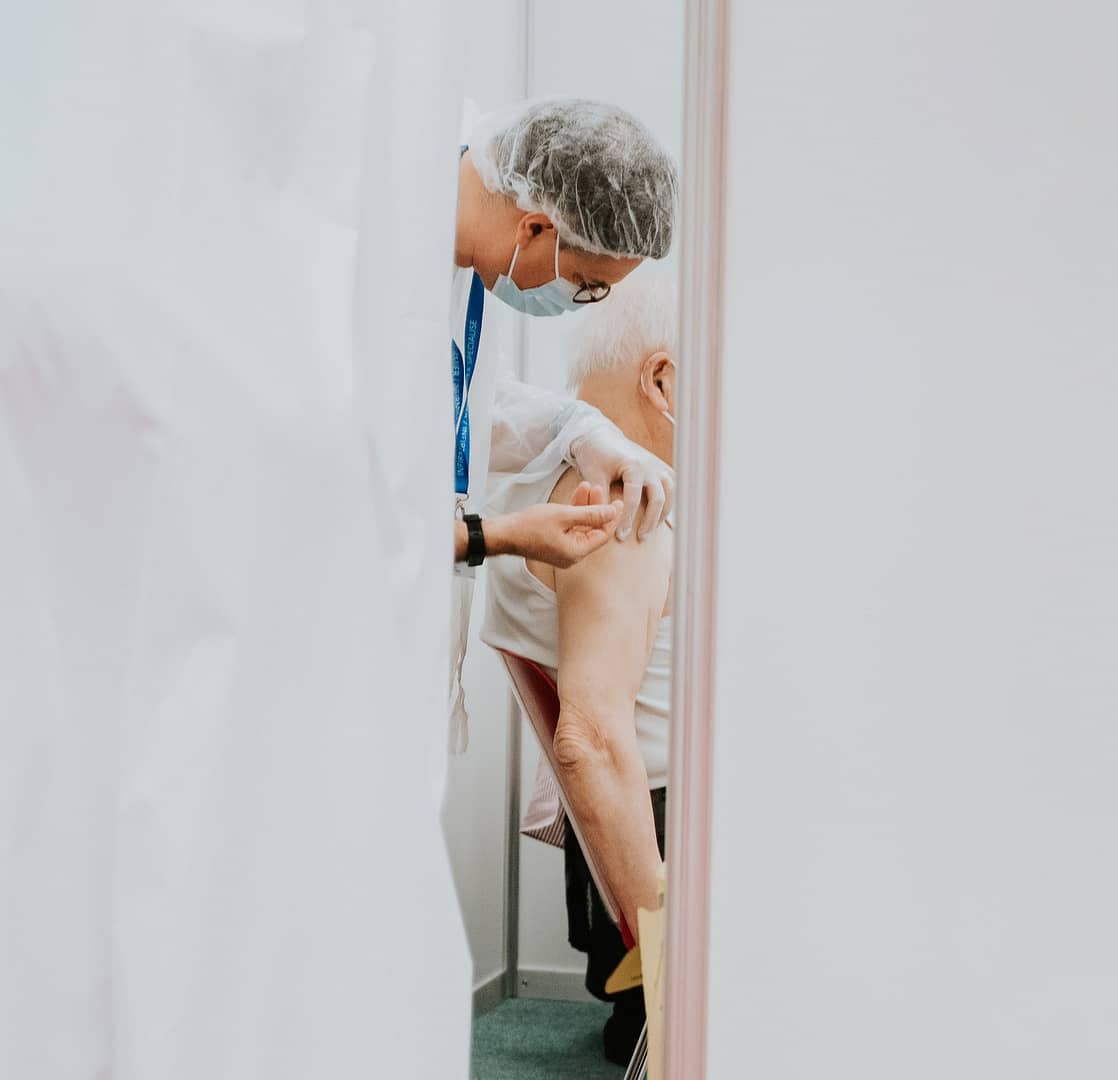Elderly patients, with their unique healthcare needs and vulnerabilities, often find themselves in a position of increased risk when seeking medical treatment. Clinical negligence among elderly patients is a pressing issue, requiring a delicate balance between compassion, accountability, and justice. In this article, we will explore the intricacies of clinical negligence in the context of elderly patients, shed light on how one can prove such cases, and discuss the importance of addressing medical neglect among vulnerable adults. We will also walk you through how to start your claim for clinical negligence.
The Vulnerability of Elderly Patients
Elderly patients are more susceptible to various health conditions and often require specialized medical care. Unfortunately, their advanced age can make them more prone to clinical negligence. As we delve into this topic, it’s important to remember that clinical negligence is a complex issue, and it’s not always easy to determine when it has occurred.
Elderly patients may face negligence in various healthcare settings, from hospitals to nursing homes and outpatient clinics. Negligence can manifest in different ways, such as:
Medication Errors: Administering the wrong medication or dosage can lead to severe health consequences for elderly patients, given their frailty.
Pressure Ulcers: Prolonged immobility can result in pressure ulcers, which can develop if healthcare providers fail to reposition or care for bedridden patients properly.
Falls and Fractures: Inadequate supervision or unsafe environments can contribute to elderly patients suffering falls and fractures while receiving medical care.
Misdiagnosis or Delayed Diagnosis: Failure to diagnose or treat medical conditions promptly can have dire consequences for elderly patients, whose conditions may worsen rapidly.
Inadequate Hygiene and Infection Control: Neglecting proper hygiene and infection control protocols can put elderly patients at risk of preventable infections.
How Do You Prove Clinical Negligence?
Proving clinical negligence is a challenging process that requires careful examination of the circumstances surrounding the patient’s care. While I cannot provide real-life examples, I can outline the general steps and considerations involved in proving clinical negligence among elderly patients:
Establish a Duty of Care
To prove clinical negligence, you must first demonstrate that a duty of care existed between the healthcare provider and the elderly patient. This duty of care is typically established when a patient seeks medical treatment from a healthcare professional.
Show Breach of Duty
The next crucial element is establishing that the healthcare provider breached the duty of care owed to the patient. This involves demonstrating that the standard of care expected from a reasonable healthcare professional was not met. In the case of elderly patients, this may involve showing that the care provided did not meet the specialized standards required for their age group.
Prove Causation
Causation is a vital aspect of clinical negligence cases. You must establish a direct link between the breach of duty and the harm suffered by the elderly patient. This often requires expert medical testimony to demonstrate that the negligence directly resulted in the patient’s injuries or worsened condition.
Document Damages
You must provide evidence of the damages suffered by the elderly patient as a result of clinical negligence. These damages can include physical injuries, emotional distress, medical expenses, and loss of quality of life. Accurate and thorough documentation is essential in establishing the extent of harm.
Review Medical Records
Thoroughly review the medical records of the elderly patient to identify any discrepancies, errors, or lapses in care. These records often contain critical evidence that can support your claim.
Addressing Medical Neglect Among Vulnerable Adults
Addressing clinical negligence among elderly patients is not only a matter of seeking justice but also a means of preventing future harm to this vulnerable demographic. Here are some key considerations in addressing medical neglect:
Education and Training
Healthcare providers must undergo specialized training in geriatric care to better understand the unique needs and challenges of elderly patients. This includes knowledge of age-related conditions, medication management, and fall prevention.
Adequate Staffing and Supervision
Hospitals, nursing homes, and other healthcare facilities must ensure that they have an adequate number of qualified staff to care for elderly patients. Proper supervision is crucial to prevent falls, pressure ulcers, and other forms of neglect.
Regular Quality Assessments
Healthcare facilities should conduct regular quality assessments and audits to identify areas where improvements are needed. This includes monitoring infection control practices, medication administration, and adherence to protocols for preventing patient harm.
Encouraging Reporting
Encourage healthcare professionals and staff to report any incidents of suspected clinical negligence or neglect. Implementing a culture of open communication and accountability can help identify and address issues promptly.
Support for Families
Families of elderly patients play a vital role in advocating for their loved ones’ well-being. Providing support and resources to families can empower them to raise concerns and seek redress if they suspect clinical negligence.
Making a Clinical Negligence Claim with National Claims
At National Claims, we understand the gravity of clinical negligence cases, especially when it involves elderly patients who deserve the utmost care and respect. We specialize in helping individuals and their families navigate the intricate process of making clinical negligence claims. In this section, we’ll guide you through the steps you can take with National Claims to seek justice and compensation for clinical negligence among elderly patients.
Contacting National Claims
If you believe that you or a loved one has been a victim of clinical negligence, the first step is to get in touch with our experienced team at National Claims. You can reach us through our website, by phone, or by visiting our office. Our compassionate staff will listen to your concerns and guide you on the next steps.
Initial Consultation
Once you contact us, we will schedule an initial consultation to gather information about your case. During this meeting, we’ll discuss the details of the clinical negligence incident, review any available documentation, and assess the potential merits of your claim. This consultation is an essential step in determining whether your case has a strong foundation for pursuing legal action.
Legal Assessment
After the initial consultation, our legal experts will conduct a comprehensive assessment of your case. This assessment will involve a detailed review of medical records, expert consultations, and an evaluation of the breach of duty and causation elements required to prove clinical negligence. We will provide you with a clear understanding of the strengths and challenges of your case.
Building a Strong Case
If we determine that your case has merit, our dedicated legal team will work diligently to build a strong and compelling case on your behalf. This includes gathering additional evidence, consulting with medical experts, and preparing the necessary legal documents.
Support and Guidance
Throughout the entire claims process, National Claims will provide you with unwavering support and guidance. We understand that clinical negligence cases can be emotionally challenging, especially when they involve elderly patients. Our team is here to answer your questions, address your concerns, and provide you with the reassurance you need during this difficult time.

Conclusion
Clinical negligence among elderly patients is a critical issue that demands attention, compassion, and action. It is essential to recognise the vulnerability of elderly patients and the unique challenges they face when seeking medical care. Proving clinical negligence requires a careful and methodical approach, as outlined in this article.
National Claims is committed to helping individuals and their families seek justice and compensation in cases of clinical negligence. Our experienced team will guide you through the process, from the initial consultation to building a strong case, negotiating settlements, or pursuing legal action in court. We believe in upholding the rights of elderly patients and ensuring that their voices are heard.
Addressing clinical negligence is not only a matter of legal recourse but also a means of driving positive change in healthcare practices. By holding healthcare providers accountable for their actions, we can contribute to a safer and more respectful healthcare environment for all, particularly our elderly population.
If you believe you or a loved one has been a victim of clinical negligence, do not hesitate to reach out to National Claims. We are here to provide the support and legal expertise you need to seek justice and make a meaningful difference in the lives of elderly patients.
Contact us to get a start on your claim with the help from one of our friendly claims specialists.
Click below to see why we are one of the most trusted claims management companies in the UK.

We’re proud of our excellent customer reviews
We thrive on delivering exceptional service and ensuring our clients’ satisfaction. Don’t just take our word for it. Check out some of our independent reviews to see what our clients have to say.
Excellent

This firm is excellent, they sorted out my car pay out and injury claim very fast, they always communicate with you all the time.

My accident case was dealt with confidence and with great result of the outcome, especially James kept me informed all the time.

I was very impressed at the way my inquiry was treated. I was listened to attentively and everything I needed to know was explained to me.






